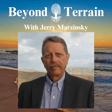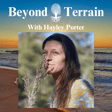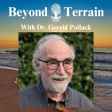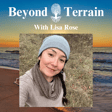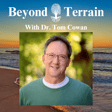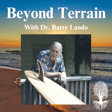
Dr. Amandha Vollmer on Mind-Body Connection, Healing, Best Interventions, and More!
This week, we are honored to have Dr. Amanda Vollmer on the podcast! Dr. Vollmer is a brilliant mind in the terrain movement, and we had a phenomenal discussion about health and healing.
Our conversation explored masculine vs. feminine health—how each manifests, their stages, and the unique dynamics involved.
We also delved into the profound connection between the mind and body, a topic that invites deep exploration. We eventually tied this concept to the relationship between trauma and disease.
Additionally, we discussed the use of interventions, including the delicate balance between what is natural and what might be considered unnatural. Dr. Vollmer shared her insights on several interventions and modalities she has studied over the years. She is an absolute fountain of knowledge!
I hope you enjoy this episode!
Keep up with me (socials)
https://www.instagram.com/beyond.terrain/
https://linktr.ee/beyondterrain
Our vision at Beyond Terrain is best supported by sharing our work!
To go above and beyond:
BCH: bitcoincash:qq7eq276ylanluc5e39unrqshkvs9xsemg07yxezf7
ETH: beyondterrain.eth
BTC: bc1qqwc470ktgj3l4myqxr5hq67rnlqys0qm98u6f0
Learn more from and support our esteemed guest, Dr. Amanda Vollmer
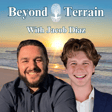
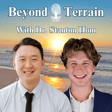
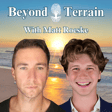
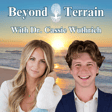
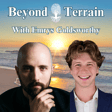
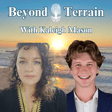
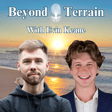
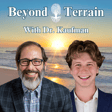
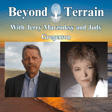
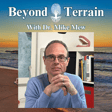
![DNA Doesn't Exist & Genomic Nonsense with Dr. Jerneja Tomsic [Part 2] image](https://media.zencastr.com/cdn-cgi/image/width=112,quality=85/image-files/652933f3a749dc383eb375de/ce5a5fd9-98c9-44fe-9b4b-3d0cd5abcf29.png)
